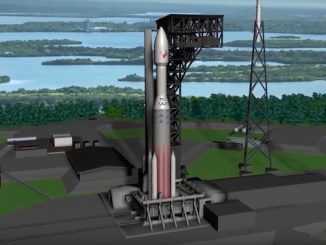
Vulcan

News

Members
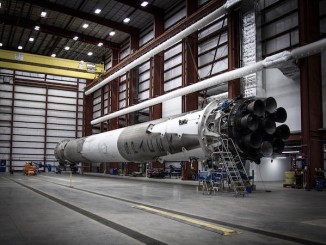
Falcon 9
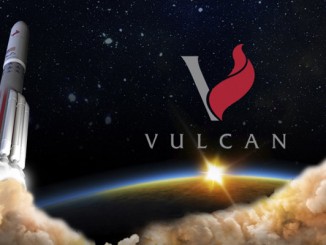
News

News
ULA’s candidates to replace RD-180 engine win Air Force funding
The Pentagon has awarded at least $162 million in contracts to Aerojet Rocketdyne and United Launch Alliance for development of the AR1 and BE-4 rocket engines, candidates to power the first stage of a next-generation rocket and replace the Russian-made engine currently flying on the Atlas 5 launcher.
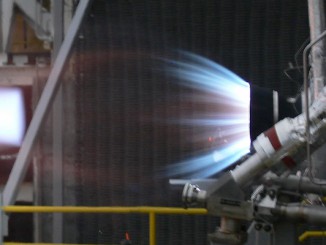
News
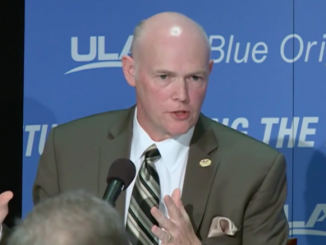
Members
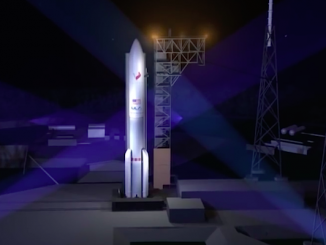
News
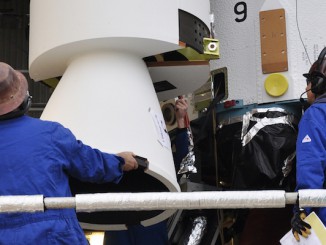
News
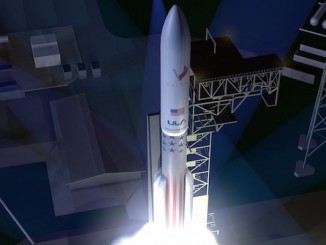
News
